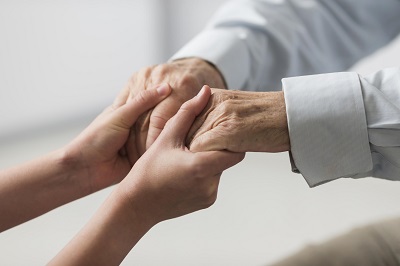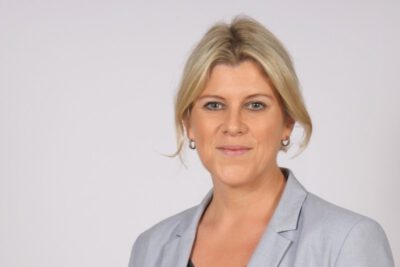Community Nurse plus
A significant proportion of elderly people have a core need to be able to live self-determined and as independently as possible in their own homes. At the same time, elderly people living alone tend to get injured, for example by falling. To address this, the World Health Organization recommends building a supportive environment in which the elderly can live independently without any restrictions.
The project Community Nurse plus adresses people aged 80+ who live in their own homes and require support. The goal of this project is to maintain their participation and self-determined life for as long as possible.
The activities of the professionals focus on:
- Outreach, preventive, and health-promoting counseling through preventive home visits
- Referral to appropriate additional support programs
- Strengthening regional and social networks and support programs
- Activation of existing resources of the very old and their environment to meet the challenges of aging
- Participation in the needs-oriented advancement of the communal and socio-spatial infrastructure
- Identifying and communicating local opportunities for support and participation
The sponsors of the project, which is implemented at the municipal level, are the Ministry of Labor, Social Affairs, Transformation and Digitalization Rhineland-Palatinate (MASTD) and the Rhineland-Palatinate statutory health insurance funds and health insurance associations of AOK, BKK, IKK, vdek, Knappschaft, SVLFG. The project was already implemented and evaluated in its first phase from 2015 to 2018 and has been in a second project phase from 2019 to 2021, which is currently being evaluated.
The Federal Center for Health Education (BZgA) appointed inav to evaluate the project on behalf of the SHI Alliance for Health. The main objectives of the evaluation, which is based on the RE-AIM model, are to examine the density of programs and services offered to the target group, to evaluate the implementation and realization process (as well as facilitating and inhibiting factors), and to assess the effectiveness of the project with regard to the project’s target group, the very elderly aged 80 and older without an existing level of care (“Pflegegrad”).
The evaluation uses both qualitative and quantitative survey methods and is structured in three modules.
- Module: Online survey of those responsible for the project and the professionals of Community Nurse plus
- Module: Focus groups and telephone interviews with representatives of the project sponsors, the professionals, and the project supervisors
- Module: Written survey of the very elderly



